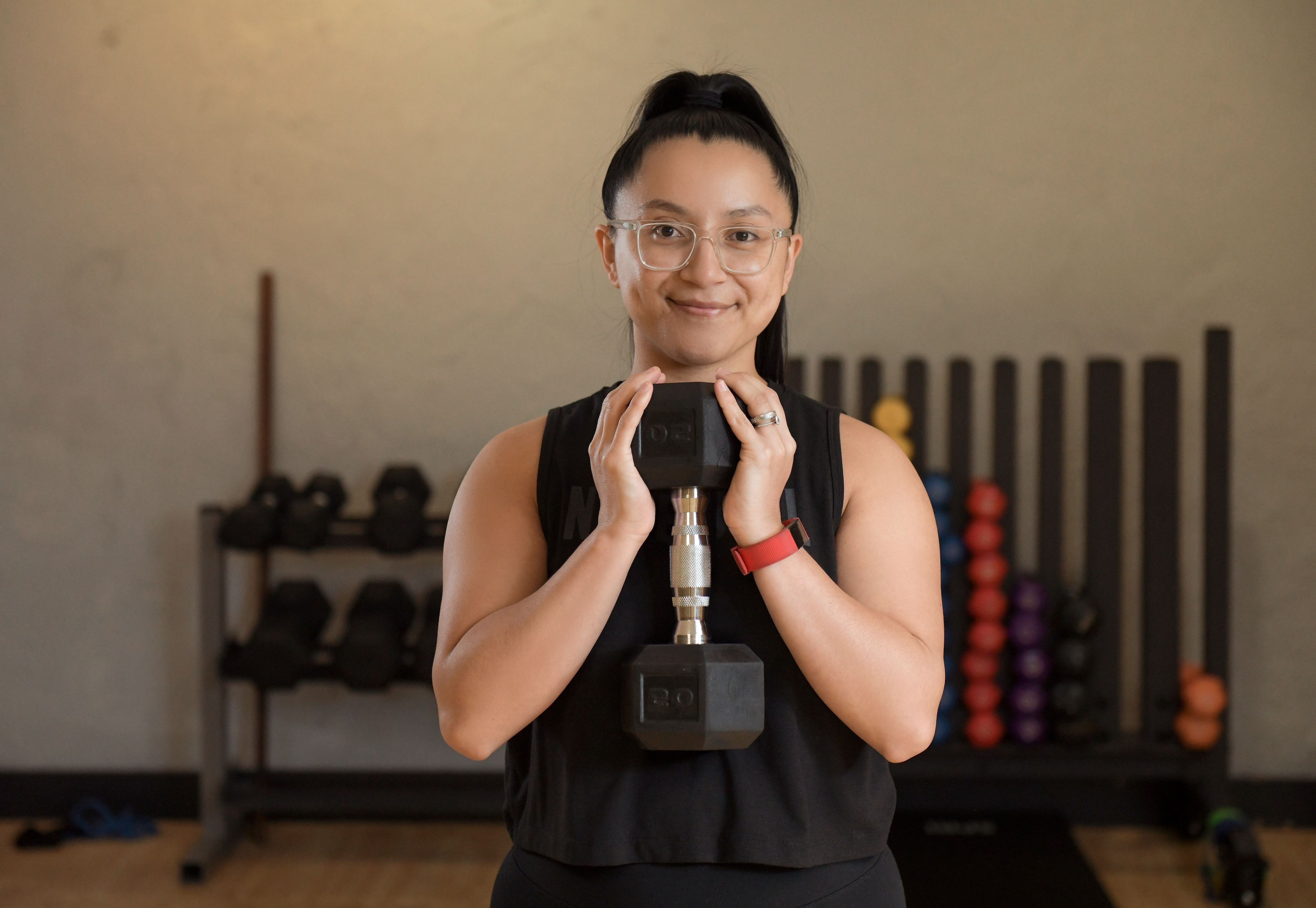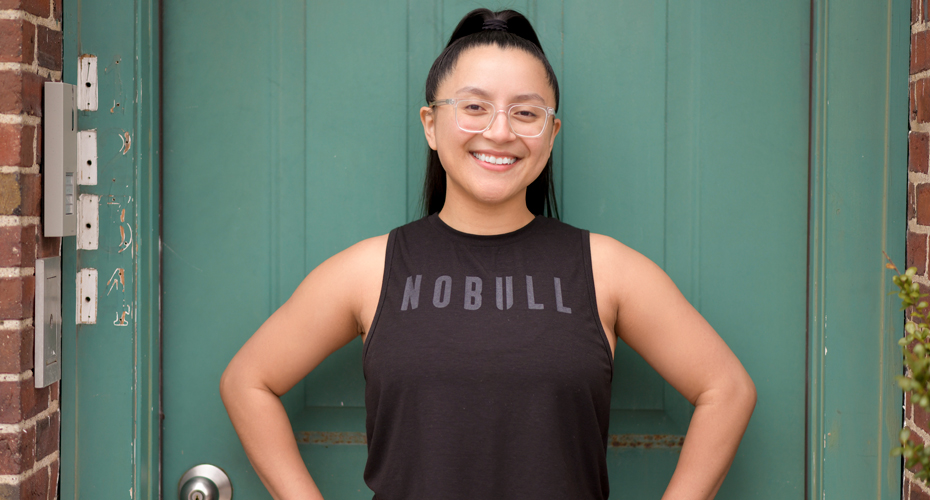Apr 3, 2023
'Therapy saved my life'
As a child, Jessica Maldonado Garcia experienced the trauma of being separated from her parents, who emigrated from El Salvador to the U.S. when she was 5 years old. She and her sisters didn’t reunite with them until she was about 9.
“I remember feeling abandoned, confused and hopeless,” the 27 year-old recalls.
After a childhood filled with disruption and fear, she managed to graduate high school and head to college. Then, before the start of her sophomore year, another experience left her traumatized again.
“It was an incredibly difficult time for me, and I was struggling,” Maldonado Garcia said. “On the outside, I was working hard and had my best year academically, but inside, I felt alone and hopeless, and my brain went to really dark places. I became very depressed and started thinking I was better off dead.”
She hadn’t been taught to seek help for mental health struggles. As a Latina, Maldonado Garcia said, therapy is sometimes seen as a weakness in her culture.
But she found the strength to reach out to a therapist and started taking medication for depression.
Watch the video here:
“Medication helped me so much,” she said, “and I know therapy saved my life. In therapy, you can let your feelings out, and you can talk through difficult things with a neutral person who is not there to judge you but who genuinely wants to help you get better. You can see that you do matter and learn how to advocate for your needs.”
Now, she wants to change the perception of therapy in her community:
I believe asking for and accepting help is a way to be strong
she said.
Facing a rising challenge
In 2020, nearly 1 in 10 Americans and almost 1 in 5 adolescents and young adults reported experiencing a major depressive episode. That year, suicide was a leading cause of death among Americans, with nearly 46,000 deaths.
Data from Blue Cross Blue Shield of Massachusetts showed members’ use of in-person and virtual visits for mental health care doubled since 2019, mirroring national trends.
Experts say key factors can help prevent suicide:
Experts say key factors can help prevent suicide:
- Meaningful social connections help us live longer happier lives. The number of connections we have isn’t as important as how connected we feel to someone else.
- Knowing warning signs of serious depression, including:
- Wanting to die or to kill oneself
- Feeling hopeless or having no purpose
- Increased use of alcohol or drugs
- Withdrawing or feeling isolated
- Displaying extreme mood swings
- Reducing access to means of suicide, including firearms and medications with the potential for causing an overdose.
If you’re worried about your own or someone else’s suicidal thoughts or feelings, there are many support options available, including the National Suicide Prevention Lifeline or 1-800-273-8255 (TALK) or the Samaritans HELPLINE: (877) 870-4673
Taking action
The state’s largest health plan is taking action to improve access to mental health treatment amid rising need, said Dr. Ximena Sanchez-Samper, a Blue Cross Blue Shield of Massachusetts psychiatrist.
We are committed to ensuring that everyone who needs help for a mental health concern is connected with resources to help meet their specific needs, including therapy and medication

said Dr. Ximena Sanchez-Samper
Blue Cross grew its mental health provider network by almost 50% over the past five years to a total of 18,000 clinicians and recently announced partnerships with several national mental health provider groups to increase the number of clinicians available to members and provide specialized services for specific mental health care needs.
There are longstanding disparities in health and care for members of some racial and ethnic groups across the U.S., noted Sanchez-Samper.
“Research conducted over decades has found Latino adults in need of mental health care are less likely than non-Latino whites to access mental health services,” Sanchez-Samper said.
Blue Cross is working to address these and other inequities in the care its nearly 3 million members receive. The health plan has begun incorporating equity measures into its contracts with four of the state’s largest medical organizations, as well as supporting clinicians with grants and comprehensive data.
Helping others
As a health engagement coordinator at Blue Cross, Maldonado Garcia is paying forward the help she received. “I love my job. It’s very rewarding to be able to help others to become healthy and strong.”

And she is sharing her story in the hope that it will help others.
“For those of you who may feel like I did, please reach out to someone—your family, your friends, your doctor, your health plan. There are people who will listen to you and help you. And most importantly, know that you’re deserving of help, love and happiness.”
Are you a Blue Cross Blue Shield of Massachusetts member who is looking for therapist or mental health clinician? Call our dedicated mental health line at 1-888-389-7764 or use our Find a Doctor & Estimate Costs tool to find licensed therapists. Check out more resources here.
PHOTOS BY FAITH NINIVAGGI

